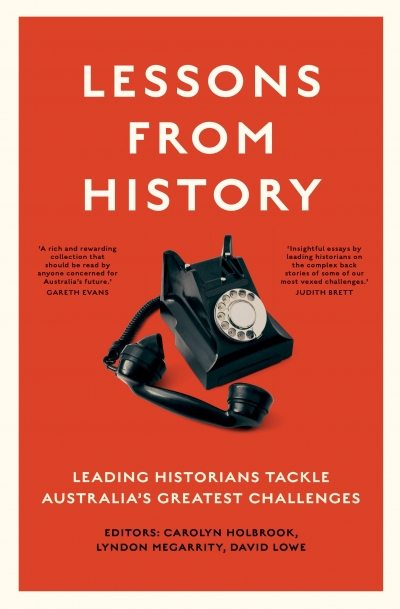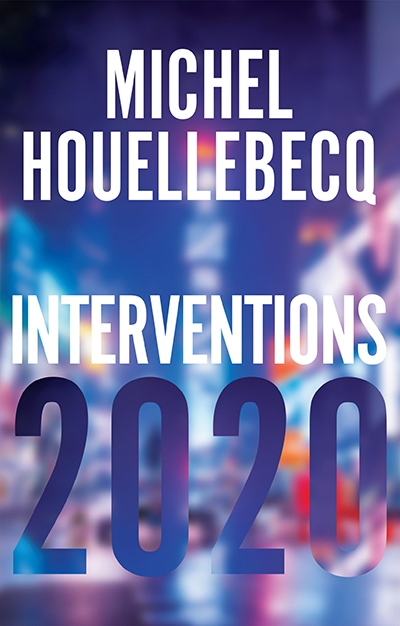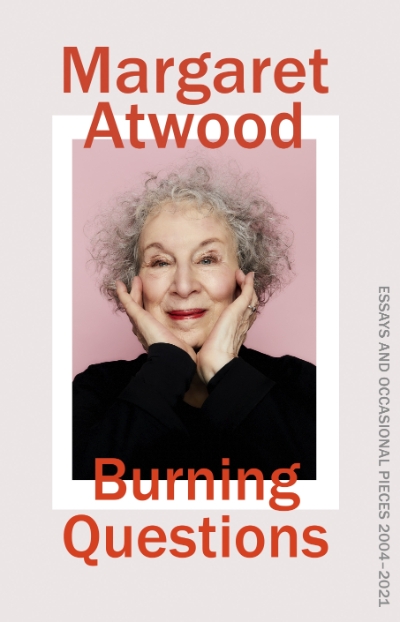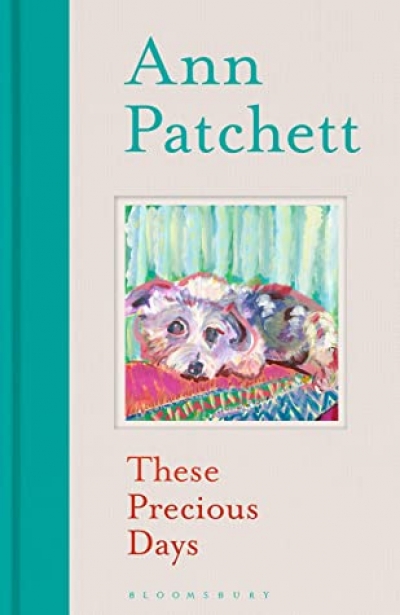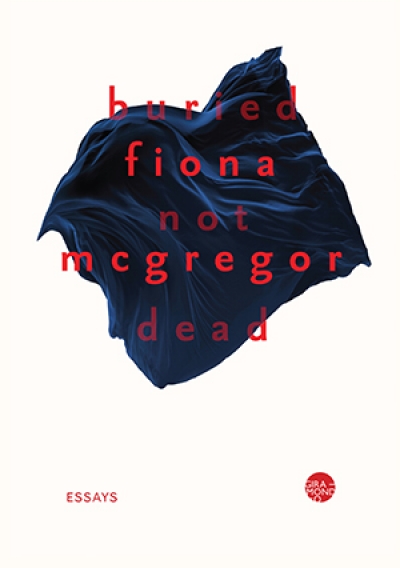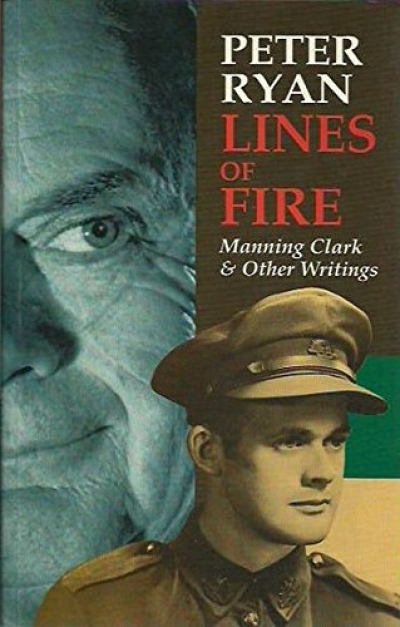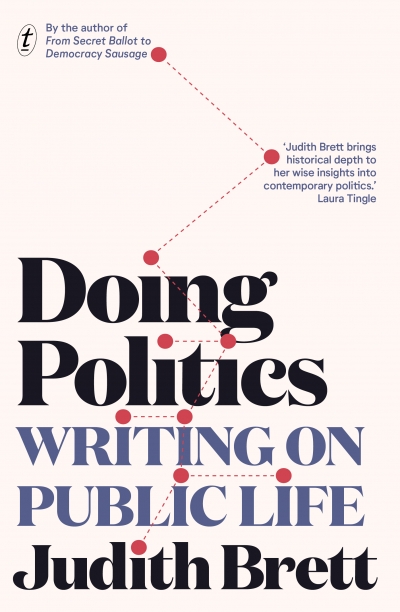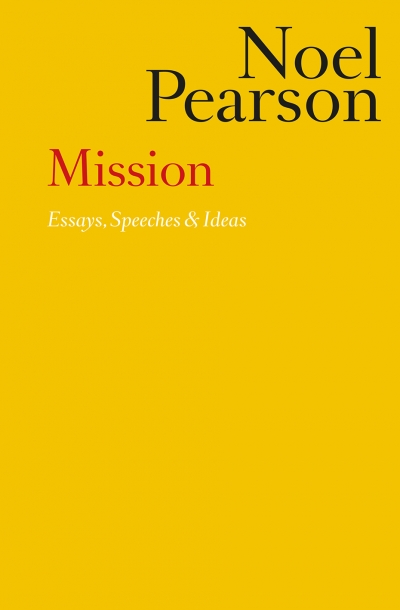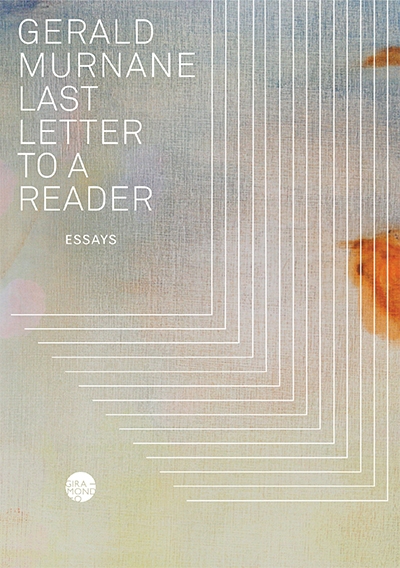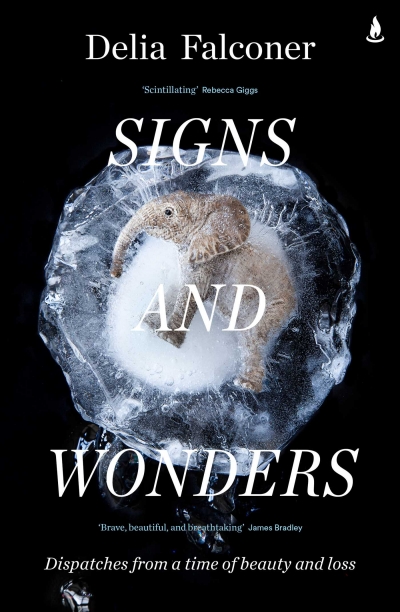Essay collections
Lessons from History: Leading historians tackle Australia’s greatest challenges edited by Carolyn Holbrook, Lyndon Megarrity, and David Lowe
Lessons from History is a big, ambitious book. Its twenty-two essays – amounting to some 400 pages of research, reflection, and references – seek to pin down, in accessible form, the combined expertise of thirty-three practitioners of history and related fields. Together they address a mélange of pressing issues facing Australia today, testament to the diversity of contemporary Australian history and its interdisciplinary reach. Political, social, economic, business, environmental, and oral historians are all represented, alongside authors whose institutional base is in strategic studies, economics, politics, or administration, but whose work is informed by a keen interest in the past and its lessons.
... (read more)Interventions 2020 by Michel Houellebecq, translated by Andrew Brown
Michel Houellebecq has never been one to hide his light under a bushel. Since the publication of his second and best-known novel, Atomised, in 1998 (the same year some of the pieces included in Interventions 2020 were originally published in French), Houellebecq has established himself as the enfant terrible of French letters, primarily through his provocative and at times incendiary remarks. Indeed, there is a certain expectation that Houellebecq will live up to his reputation, something he notes in his reflections on paedophilia: ‘Through the wording of your questions, I feel I am subtly being asked to say something politically incorrect.’ Rarely does he disappoint.
... (read more)Burning Questions: Essays and occasional pieces, 2004–2021 by Margaret Atwood
Earlier this year, while still much occupied with our works in progress, Drusilla Modjeska and I discussed what our next projects might be. We were both tempted to put together a collection of our shorter writings – essays, talks, reviews, articles – already written and just needing a touch up. ‘Money for nothing and your books for free,’ I said, echoing the old Dire Straits song – albeit in a much more acceptable form for these sensitive times. And that’s the gift with collected writings: little work is required to produce a book. But a gift for the writer can be a risky business for the reader. After all, one cannot hope that all the disparate pieces (sixty-two in Margaret Atwood’s latest collection) will be equally as compelling as one Handmaid’s Tale.
... (read more)In These Precious Days, her second essay collection (after This is the Story of a Happy Marriage in 2013), celebrated American writer Ann Patchett sets out to explore ‘what matter[s] most in this precarious and precious life’. Patchett is the author of seven novels, including Bel Canto (2001), which won the 2002 Orange Prize for Fiction, and her most recent, the internationally acclaimed The Dutch House (2019). When the pandemic struck in early 2020, Patchett did not have a novel in progress and decided that 2020 was not the time to start one. Instead, she wrote essays, something she has always done when she doesn’t have a novel on the go.
... (read more)‘Wasn’t sexual expression a principal motivation of gay and queer dancefloors … Isn’t that the freedom we were fighting for? To be kinky dirty fuckers, without shame; to not sanitise ourselves in the bid for equality?’ So exhorts DJ Lanny K in 2013, reflecting on his time spinning discs at down-and-out pubs in ungentrified Surry Hills in the mid-1990s as part of Sydney’s fomenting queer subculture. Lanny K, Sydney-based Canadian immigrant, is one of a handful of artists – performance artists, dancers, even a tattooist – interviewed by Fiona McGregor in her collection of essays Buried Not Dead. Mostly written between 2013 and 2020, each essay is based on a rolling interview with an artist and draws out their recollections of early practices and careers, several united by reference to a specific time and place – Sydney’s emergent gay scene in the mid-1990s.
... (read more)Lines of Fire: Manning Clark and Other Writings by Peter Ryan
This collection of Peter Ryan’s writings, Lines of Fire, is no grab-bag of oddments. The pieces included here are given an impressive unity by the author’s imposition of his presence, by his trenchancy, elegance of expression, a desire to honour the men and women of his younger days and to excoriate a present Australia in which too many people wallow in ‘an unwholesome masochistic guilt’. The finely designed cover shows a wry, ageing, wrinkled Ryan smiling benignly over his own shoulder, or rather that of his younger self, in uniform, in late teenage, during the Second World War. What happened in between is richly revealed in the elements of Lines of Fire.
... (read more)Judith Brett, historian and La Trobe University emeritus professor of politics, is characteristically direct – in her questioning, her analysis, and her engagement with readers. If there is something declarative about ‘Going Public’, the title of Doing Politics’s introductory chapter, that is exactly what Brett intends: to go public, to offer a general reader her considered reflections on Australian political and cultural life. This is not an assemblage of opinion pieces, though her writings have a related journalistic conciseness and impact – they speak to the times. What distinguishes Brett’s collection of essays is their scholarly depth and habit of enquiry. They prompt thought before they invite agreement, or conclusions. Even the bad actors, the political obstructors, the wreckers in Brett’s political analysis, are psychologically intriguing. Why are our politicians like this? What’s going on? Judith Brett studied literature and philosophy as well as politics as an undergraduate. Perhaps Hamlet drills away in her consciousness: ‘There are more things in heaven and earth, Horatio, / Than are dreamt of in your philosophy.’
... (read more)The brief and unpretentious biography of Noel Pearson on the dust jacket of Mission: Essays, speeches and ideas describes him as ‘a lawyer, activist and founder of the Cape York Institute’. Although surely accurate, this gives little indication of the stature this remarkable man has assumed in Australian public life over the past thirty years. If Pearson is an activist, it is of an unusual kind: one who has combined the roles of insider and outsider, agitator and wonk, intellectual and politician, in highly original and productive ways.
... (read more)No contemporary Australian writer has higher claims to immortality than Gerald Murnane and none exhibits narrower tonal range. It’s a long time since we encountered the boy with his marbles and his liturgical colours in some Bendigo of the mind’s dreaming in Tamarisk Row (1974). There was the girl who was the embodiment of dreaming in A Lifetime on Clouds (1976). After The Plains (1982) came the high, classic Murnane with his endless talk of landscapes and women and grasslands, like a private language of longing and sorrow and contemplation.
... (read more)Signs and Wonders: Dispatches from a time of beauty and loss by Delia Falconer
Reading Richard Flanagan’s searing allegory The Living Sea of Waking Dreams (2020) and Delia Falconer’s new non-fiction book, Signs and Wonders: Dispatches from a time of beauty and loss, in rapid succession was a surreal, slightly unmooring experience. Both authors lucidly capture the dreamlike state of disbelief and horrified fury with which we’ve watched the world slide terribly into the 2020s. Both are part of an outpouring of new language, new stories, new ways of expressing our reactions to the barely imaginable scale of realities we can no longer ignore: fire columns that remind NASA of dragons; a pandemic that conjures news scenes we had thought the province of cinema. As our poor human cognition struggles to catch up, scientists become poets, novelists become scientists.
... (read more)

